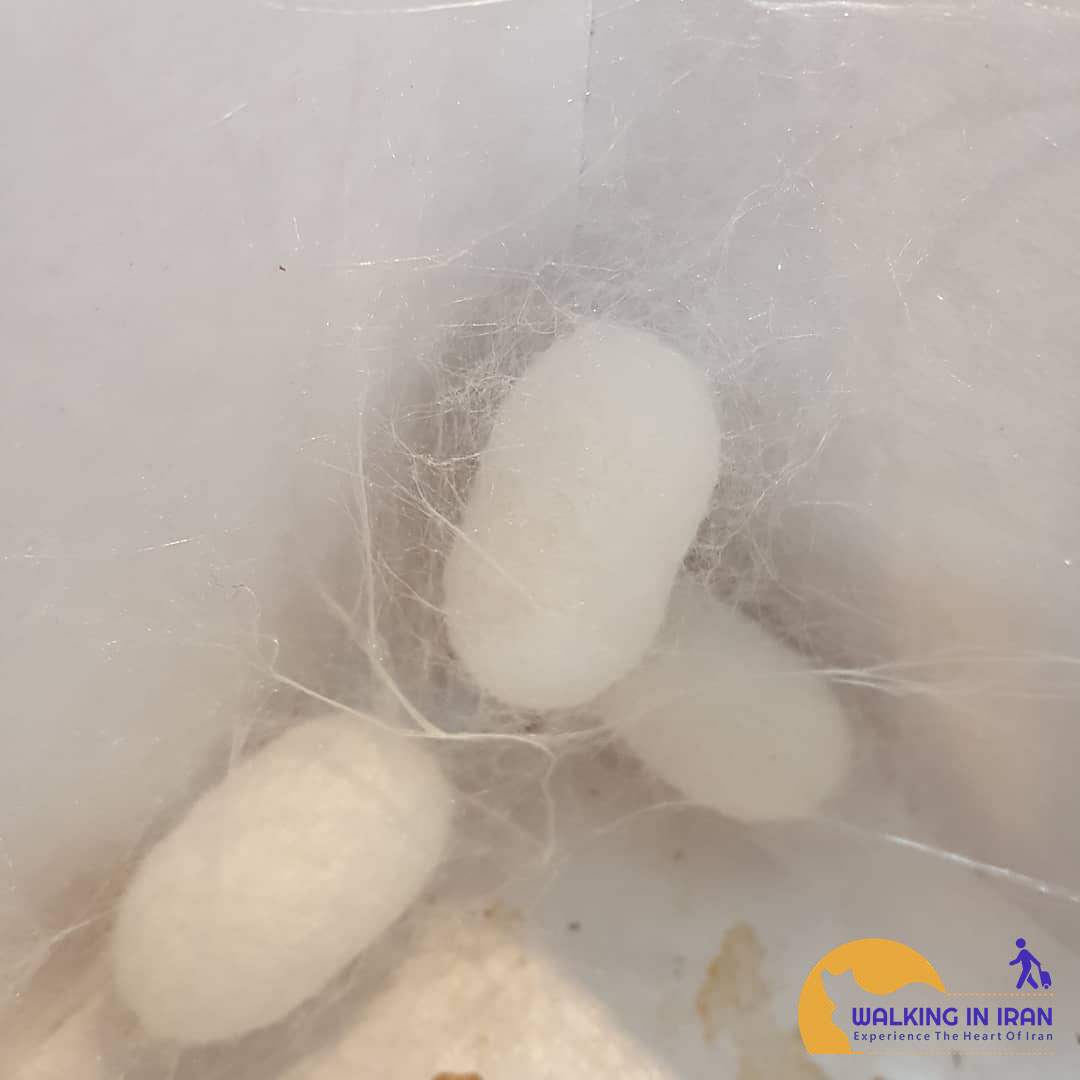Silk weaving in Iran: a precious heritage and an evolving industry
Silk weaving industry in Iran has deep roots in the history and culture of this land. This ancient industry has long been known as one of Iran’s valuable and exportable handicrafts, and Iranian silk products have always enjoyed a special place in the world markets.
A fruitful history and a bright future
The history of sericulture in Iran dates back to ancient times, and with the prosperity of the Silk Road, this industry reached its peak of prosperity. During the Islamic era, different cities of Iran became important centers of silk production. Despite the changes and industrial developments, the silk industry is still alive in Iran and many efforts are being made to revive and develop it.
Silk production process: from cocoon to fabric
Silk production is a complex and delicate process that begins with silkworm breeding and cocoon production. After collecting and processing the cocoons, the silk threads are extracted and after spinning and weaving, they are turned into quality silk fabrics.
Important areas of silk production in Iran
Currently, the provinces of Razavi Khorasan, Gilan and Mazandaran are known as the main hubs of silk production in Iran. Baig city in Razavi Khorasan, with more than 1200 silk weaving workshops, is known as the silk weaving capital of Iran.


